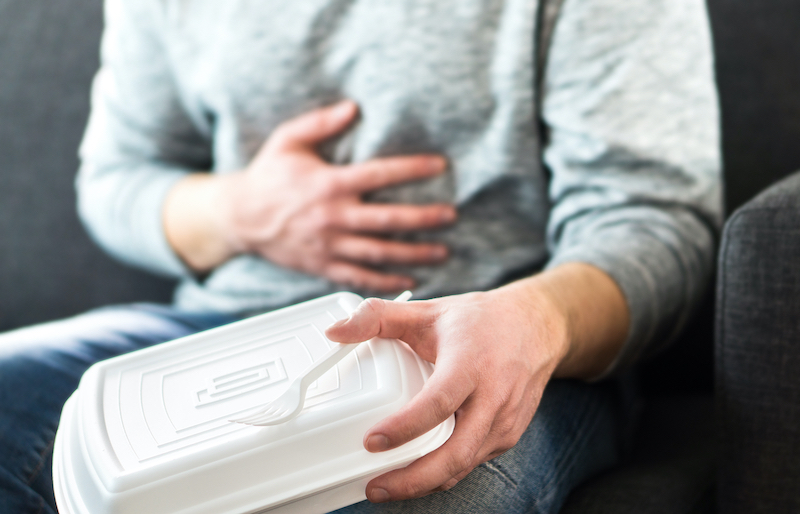


Salmonella is an infection experienced by many. Children under the age of five , young adults, and the older population are those most likely to be affected.
So, what is it exactly and most importantly, how can you avoid it? Our after-hours doctors break down what you need to know.
What is salmonella?
The most common strain of salmonella is gastroenteritis. This infection is caused by contact with contaminated food or water, or less commonly, after contact with an infected individual.
Are there different types of salmonella?
There are two different strains of salmonella: Nontyphoidal Salmonella, the common cause of food borne gastroenteritis, and Typhodial Salmonella, the cause of enteric fever.
Where does salmonella come from?
Salmonella bacteria live in the intestinal tract of people and animals. It is a foodborne infection in its nature.
Salmonella bacteria can be found in the following:
- Raw eggs, poultry, milk and red meat
- Shellfish and oysters
- Unwashed salads, fruits and vegetables.
How to avoid salmonella?
Without having to avoid the foods and drinks that may contain salmonella, there are other precautions Queenslanders can take to avoid this infection.
- Washing hands before food preparation
- Avoiding undercooked or raw meat, poultry or eggs
- Washing salads, raw fruit and vegetables before preparation and eating
- Avoiding cross-contaminating utensils or preparation stations by mixing cooked and uncooked foods.
What are the symptoms?
Most salmonella cases can be classified as stomach flu (gastroenteritis).
The symptoms can include:
- Vomiting
- Nausea
- Abdominal cramps
- Diarrhea
- Fever
- Chills
- Headache
- Blood in the stool.
How long does the infection last?
Typically, the incubation period for salmonella poisoning is between 6 and 72 hours. Symptoms of the infection usually last for two to seven days, however a person can be infectious for several weeks.
If you have salmonella, it is important to rest and continue drinking fluids. If symptoms persist, see your local GP or if urgent care is needed and your local clinic is closed, contact an after-hours GP.
What treatment is available?
Your doctor will advise a specific treatment depending on the severity and strain of salmonella. Although, most cases of salmonella infection resolve in a week.
It is important to note antibiotics and other treatments are only required in complicated cases.
How to self-treat a salmonella infection?
- Drinking fluids (rehydration aids such as, Hydrolyte or Gastrolyte can help to replenish lost electroyltes)
- Eating light, small meals (such as, clear broths and saltine crackers) can help to soothe symptoms.
When to see a doctor?
Contacting your doctor is important if you are becoming dehydrated, you have blood in your vomit or faeces, or you have stomach pains. If the symptoms are becoming more severe or lasting longer than expected, contact your doctor. If you are in a vulnerable medical position, it is best to seek a doctor’s advice. Babies under six months of age and the elderly are most at risk of dehydration.




